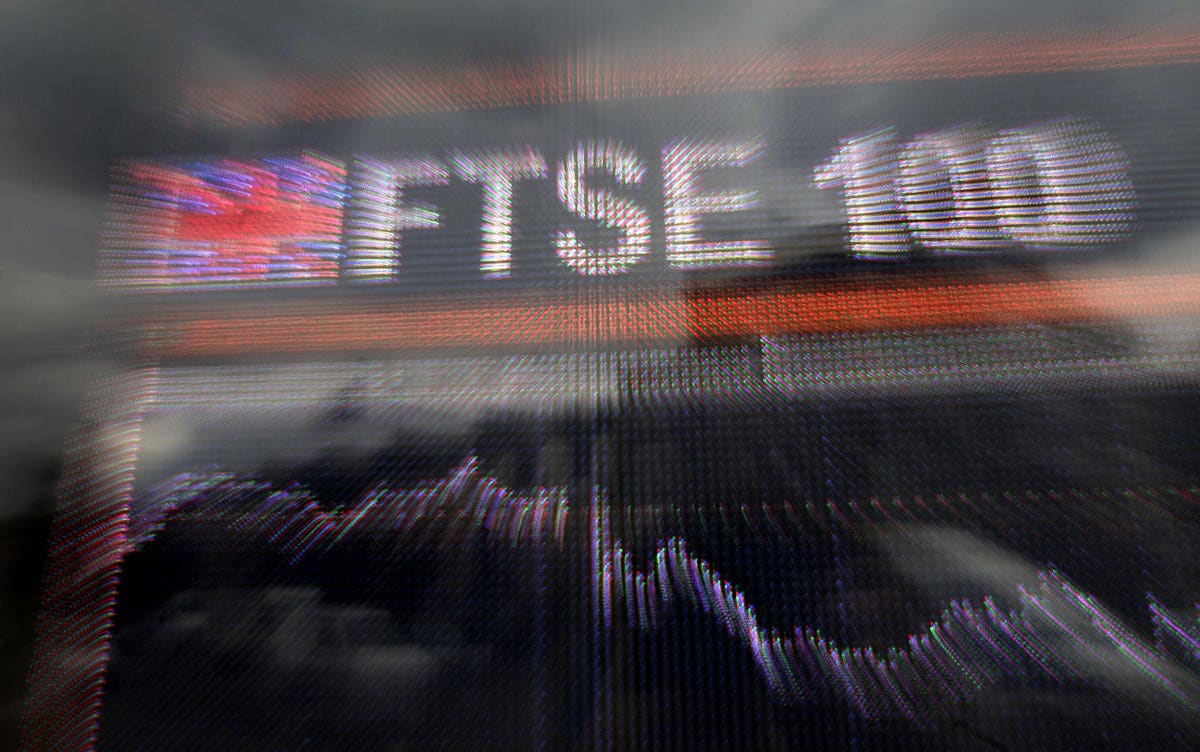FTSE 100 shares St James’ Place and BT Group both sank in value in Thursday following a poor reception to their latest financials. Here are the key takeaways from both firms’ updates.
St James’ Place
Asset manager St James’ Place dropped 14.5% in value as it indicated a slowdown in investor activity in the first half. At £10.10 per share it was the FTSE 100’s biggest daily loser in Thursday trading.
Gross inflows declined £1.1 billion during the six months to June, to £8 billion, while net inflows reversed to £3.4 billion from £5.5 billion a year earlier.
The financial services firm also endured an exceptional charge of £859.2 million in the first half. This reflected the introduction of the charge cap on client bond and pension investments that last longer than 10 years.
However, a positive investment performance meant that total funds under management rose to record highs of £157.5 billion, up from £148.4 billion at the close of 2022.
St James’ Place’s swung to an operating loss of £119.1 million from a profit of £914.2 million a year earlier. But the business hiked the interim dividend to 15.83p per share from 15.59p during the same 2022 period. Cash on the company’s books after tax rose 4% to £207.1 million.
Chief executive Andrew Croft said that today’s update reflected “a robust business performance in the first half of 2023” that “[highlighted] once more the fundamental resilience of our business model and the strength of relationships our advisers enjoy with their clients.”
But he added that “this has been a challenging period for many UK savers and investors who have had to contend with high and persistent inflation, rising borrowing costs, a mini banking crisis in the US and attendant stock market volatility, and continued macro-economic and geo-political uncertainty.”
BT Group
Telecoms giant BT Group’s share price fell 2.3% to 123.7p despite news that revenues and earnings rose both in the last quarter.
Adjusted revenues increased 5% in the three months to June, to £5.2 billion. Meanwhile adjusted earnings before interest, tax, depreciation and amortisation (EBITDA) edged to £2 billion from £1.9 billion a year earlier.
Sales at its Consumer division rose 3% to £2.4 billion thanks to higher contracted prices and continued rollout of its fibre broadband across the UK. Turnover at its Openreach infrastructure division improved 8% in the period to £1.5 billion thanks to fibre-enabled product sales and increased prices.
Better equipment trading in Business pushed sales at the division to £2 billion, up 3% year on year.
BT’s fibre to the premises (FTTP) footprint now covers 11 million premises, it said, which represents 44% of target. Initial build is also underway at a further 6.2m sites.
Chief executive Philip Jansen — who this month announced plans to leave his role within the next 12 months — said that “we’ve made a strong start to the year, in what remains a very competitive market, with improved customer satisfaction, pro forma revenue growth in all of our business units and pro forma group EBITDA up by 5%.”
He added that “we continue to drive transformation across the group, and while there remains much to do it’s clear that our strategy is working and BT Group is set up for success.”
Read the full article here





